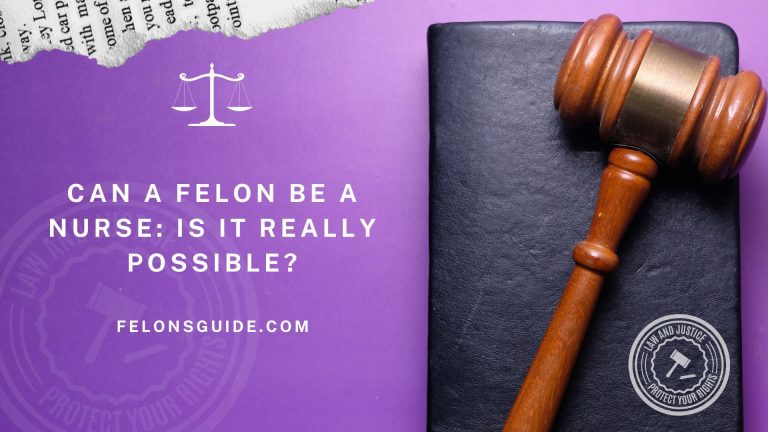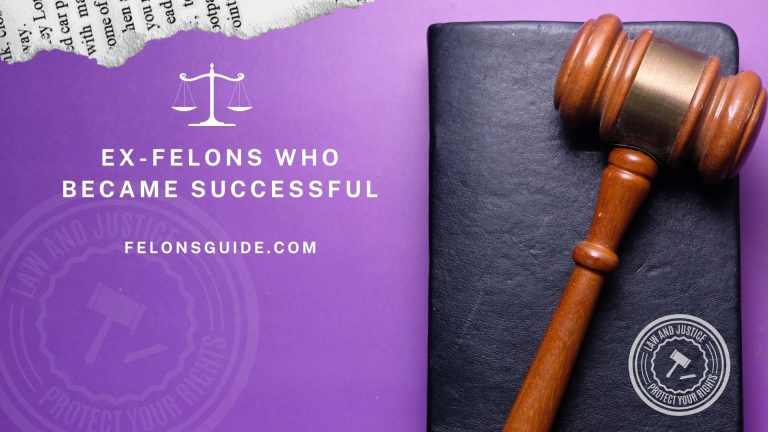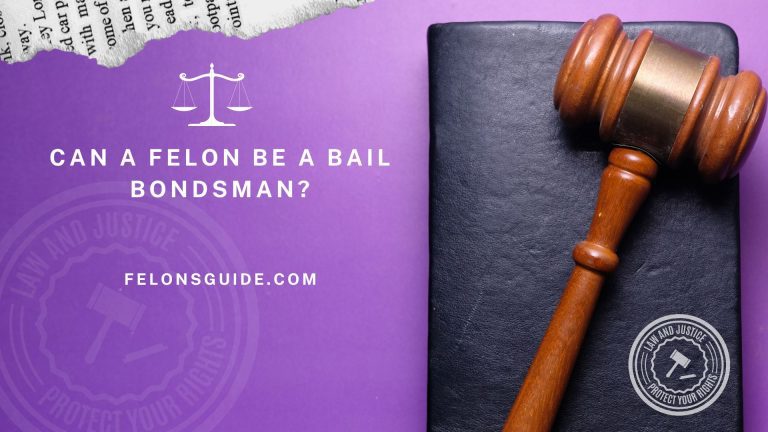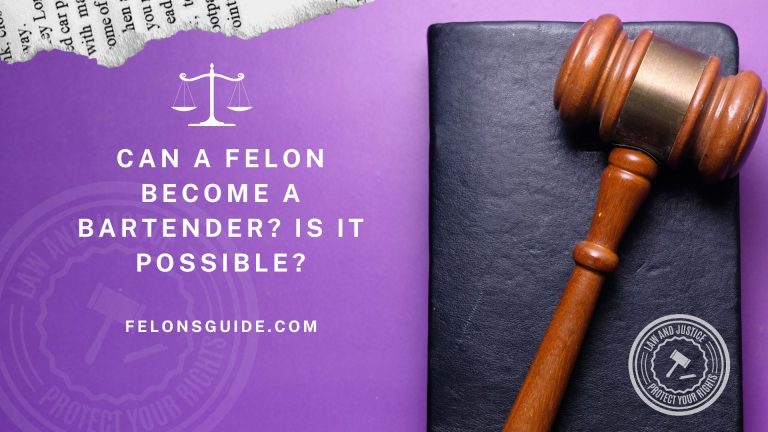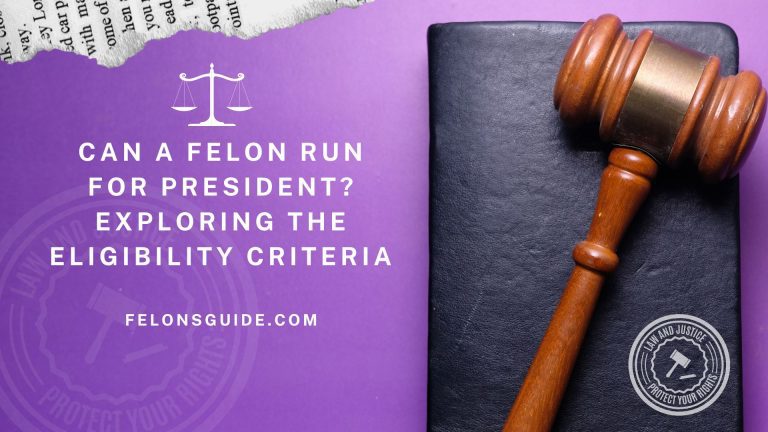Can a Felon be a Firefighter? Exploring the Career Options
Can a Felon be a Firefighter? Exploring the Career Options – Hey there! Are you ready to delve into a fascinating topic that will challenge your assumptions and make you question what you think you know? Great! Today we’re going to explore the intriguing and perplexing question – Can a Felon be a Firefighter?
It’s a question that might seem simple on the surface, but as we dig deeper, we’ll uncover a labyrinth of legal and ethical considerations. We’ll take a look at the complexities of hiring someone with a criminal record as a firefighter, and how different regions handle this issue. We’ll also explore the potential challenges and roadblocks felons may face in their efforts to become firefighters.
But this topic isn’t just about laws and regulations – it’s also about the human side of things. It forces us to confront our own biases and preconceived notions about people with criminal records. We’ll examine the rehabilitative role of the justice system and question whether individuals who have made mistakes in the past can truly reform and contribute to society in a meaningful way.
So get ready for a journey, as we explore the legal, ethical, and human aspects of the question – Can a Felon be a Firefighter? Let’s dive in and see where this road takes us!
Also Read: Can a Felon Adopt a Child?
Can a felon be a firefighter?
The question on many people’s minds is whether or not felons can become firefighters. It’s a tricky question, and the answer is not a simple yes or no. The truth is that it largely depends on the specific circumstances and the laws and regulations of the region in question.
In some areas, there are no restrictions on felons becoming firefighters, provided they meet the necessary qualifications and requirements. In other regions, certain types of criminal records may disqualify individuals from being considered for the job. This means that there is no blanket answer to this question, and each case must be evaluated on its own merits.
It’s also important to note that even if a felon is able to become a firefighter, their criminal record may still be a hurdle in other ways. Background checks and scrutiny may be required, and certain types of criminal records can make it more difficult to obtain the necessary certifications and licenses.
So, can a felon be a firefighter? The answer is a complicated one. While it’s possible for felons to become firefighters in some regions, it’s not a given, and there may be additional challenges to overcome. But with hard work, dedication, and a commitment to making a positive impact in their community, felons may be able to achieve their dream of becoming a firefighter.
Also Read: Can Felons Go on a Cruise?
The Legal and Ethical Implications of Hiring Felons as Firefighters
Hiring felons as firefighters is a thorny issue that’s full of legal and ethical complexities. It’s not just a matter of ticking boxes and checking off requirements – there are a whole host of laws and regulations that come into play, and that’s just the tip of the iceberg.
For starters, different regions have their own laws and regulations regarding the hiring of felons as firefighters. This means that what might be legal and above board in one area could be a complete no-go in another. And even within the same region, there can be different rules and guidelines depending on the circumstances surrounding the crime and the individual’s rehabilitation.
But wait, there’s more! Hiring felons as firefighters also raises ethical concerns that must be taken into account. After all, firefighting is a profession that requires the utmost trust and dependability – lives may literally be on the line. On the other hand, there’s a strong argument to be made for rehabilitation and second chances. So where do we draw the line?
It’s not just a matter of legal and ethical considerations, either – there are real-life implications to hiring felons as firefighters. For example, the decision to hire or not hire a felon could impact the diversity and inclusivity of the firefighting profession. And if someone with a criminal record is hired and later found to have been unfit for the job, it could erode public trust in the firefighting profession as a whole.
All of this is to say that there’s a lot to consider when it comes to hiring felons as firefighters. It’s not a decision that should be made lightly, and there’s no one-size-fits-all approach. But by taking into account the relevant laws and regulations, and carefully weighing the ethical implications, we can make informed decisions that balance the need for public safety with the potential for rehabilitation and second chances.
The Challenges and Roadblocks for Felons Who Want to Become Firefighters
Becoming a firefighter is no easy feat, but for felons, the road can be even more fraught with challenges and roadblocks. Let’s dive into the specific hurdles that felons may face when pursuing their dream of becoming a firefighter.
First, the specter of a criminal record looms large over felons who aspire to become firefighters. Depending on the region, certain types of criminal records may disqualify individuals from even being considered for the job. This means that even if they have the necessary qualifications and experience, their past mistakes could prevent them from ever realizing their goal of becoming a firefighter.
But even if a felon is able to secure a job as a firefighter, their criminal record can continue to be a hurdle. Additional background checks and scrutiny may be required, which can be both time-consuming and anxiety-provoking. Moreover, certain types of criminal records can make it more difficult to obtain the necessary certifications and licenses required for the job.
And that’s not all – the very nature of firefighting itself can pose challenges for felons. For example, the job requires quick thinking and the ability to remain calm in high-pressure situations. Felons who have a history of anger management issues or struggle with making snap judgments may find it difficult to perform in these critical moments. Additionally, firefighting is a team sport, and those who have had trouble collaborating with others in the past may find it difficult to succeed in this field.
All of these challenges can make it seem like becoming a firefighter is an insurmountable goal for felons. However, it’s important to remember that there are resources available to help individuals overcome these hurdles. Some regions have programs in place specifically designed to help felons break into the firefighting industry, and there are many other ways to give back to your community even if you’re not able to become a firefighter. With hard work and determination, it’s possible to turn a past mistake into a brighter future.
Conclusion
In conclusion, the question of whether or not felons can become firefighters is a complex and multifaceted one. While some regions have no restrictions on felons becoming firefighters, other areas may have specific laws and regulations that prevent them from doing so. Additionally, even if a felon is able to become a firefighter, their criminal record may continue to be a hurdle in other ways.
However, it’s important to remember that a criminal record does not define an individual, and everyone deserves a second chance. Felons who are passionate about becoming firefighters should not be discouraged by the challenges they may face. With hard work, dedication, and a commitment to making a positive impact in their community, they may be able to overcome these obstacles and achieve their goal of becoming a firefighter.
At the end of the day, what matters most is a person’s character and their willingness to serve and protect their community. While the path may not be easy, the rewards of becoming a firefighter can be immeasurable, both for the individual and the community they serve. So, to all the felons out there with a dream of becoming a firefighter – don’t give up, and keep pushing towards your goals.
